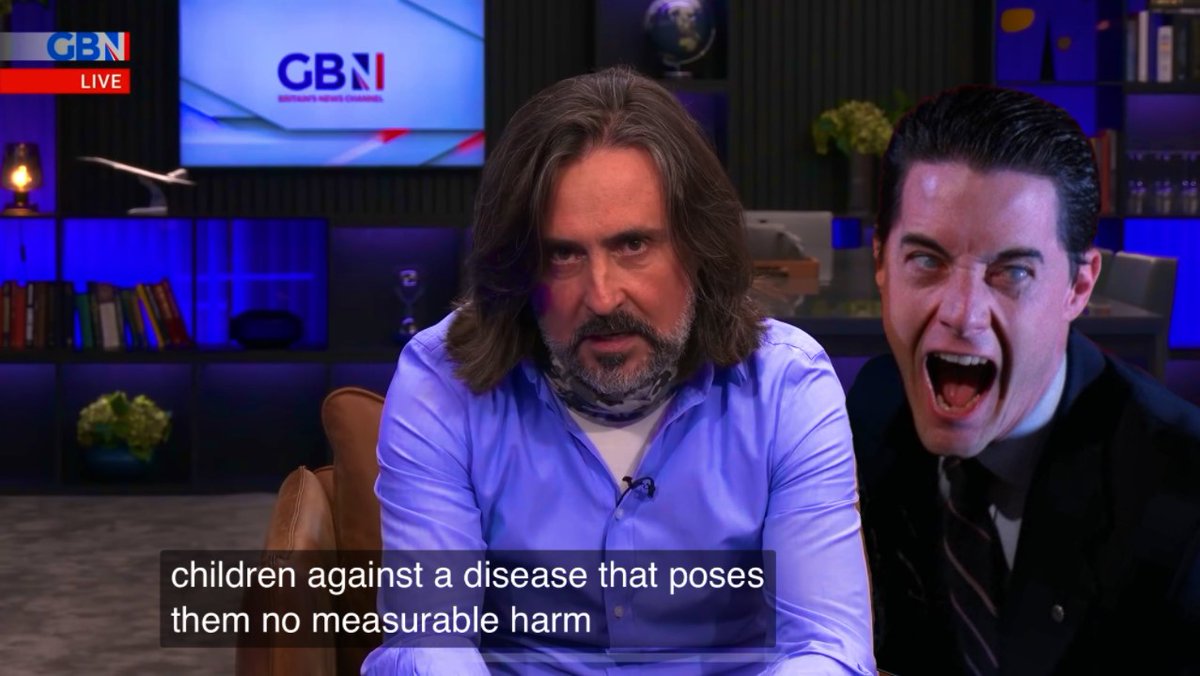
#Neoliberalism aims to reform the conduct of individuals & institutions to make them more competitive & productive. My 2003 PhD explored how this results in regulation which positions employees as (ir)responsible for failing to take adequate measures to protect themselves.
#COVID
#COVID

My thesis utilised qualitative research methods & forms of Critical Discourse Analysis from within a predominantly Foucauldian perspective, to explore the relations between the perceived shift toward an underlying neoliberal political rationality, & emerging forms of regulation.
#Neoliberalism is concerned to reform the conduct of individuals & institutions to make them more competitive & productive.
Research proceeded through analysis of a key cultural technology, the Government's 'Revitalising Health & Safety Strategy Statement', & two case studies.
Research proceeded through analysis of a key cultural technology, the Government's 'Revitalising Health & Safety Strategy Statement', & two case studies.
The Royal Mail adopted a disciplinary regulatory approach to employee health, & a tech-company, a decentred (non)regulatory approach.
The state makes a subject position available for employees characterised by motivation, responsibility & productivity: 'happy, healthy & here'.
The state makes a subject position available for employees characterised by motivation, responsibility & productivity: 'happy, healthy & here'.
An appeal is made to #freedom: companies, groups & individuals are positioned as autonomous & responsible agents. Active participation in health & safety establishes local sites of self government that can be indirectly managed by the technologies of numericisation & performance.
The concept of responsibility is used strategically as a powerful persuasive trope designed to change (or maintain) certain behaviours. At both the Royal Mail & the Tech start-up, employees continued to subjectively experience health problems they understood to be caused by work.
Under contemporary problematisations, employees are positioned as (ir)responsible for failing to take adequate measures to protect themselves.
The employee, caught within competing problematisations, can struggle to achieve an 'authentic' self, & experience (self) blame.
The employee, caught within competing problematisations, can struggle to achieve an 'authentic' self, & experience (self) blame.
Responsibility for employee health is successfully implanted into companies & employees through modification of localised discursive conditions. Regulation becomes understood as the production of (de)responsibilisation. In the context of COVID, this is now playing out everywhere.
• • •
Missing some Tweet in this thread? You can try to
force a refresh











